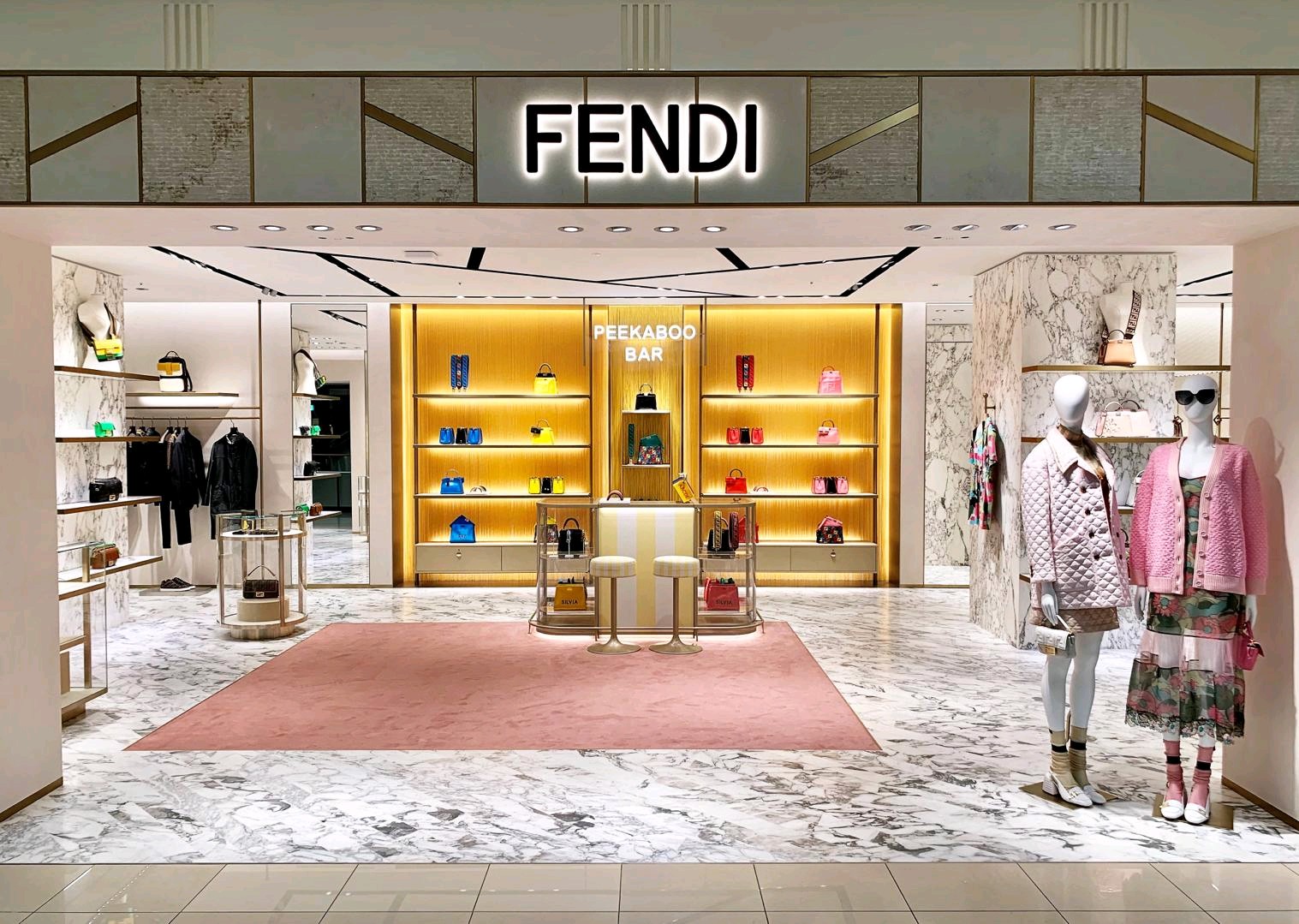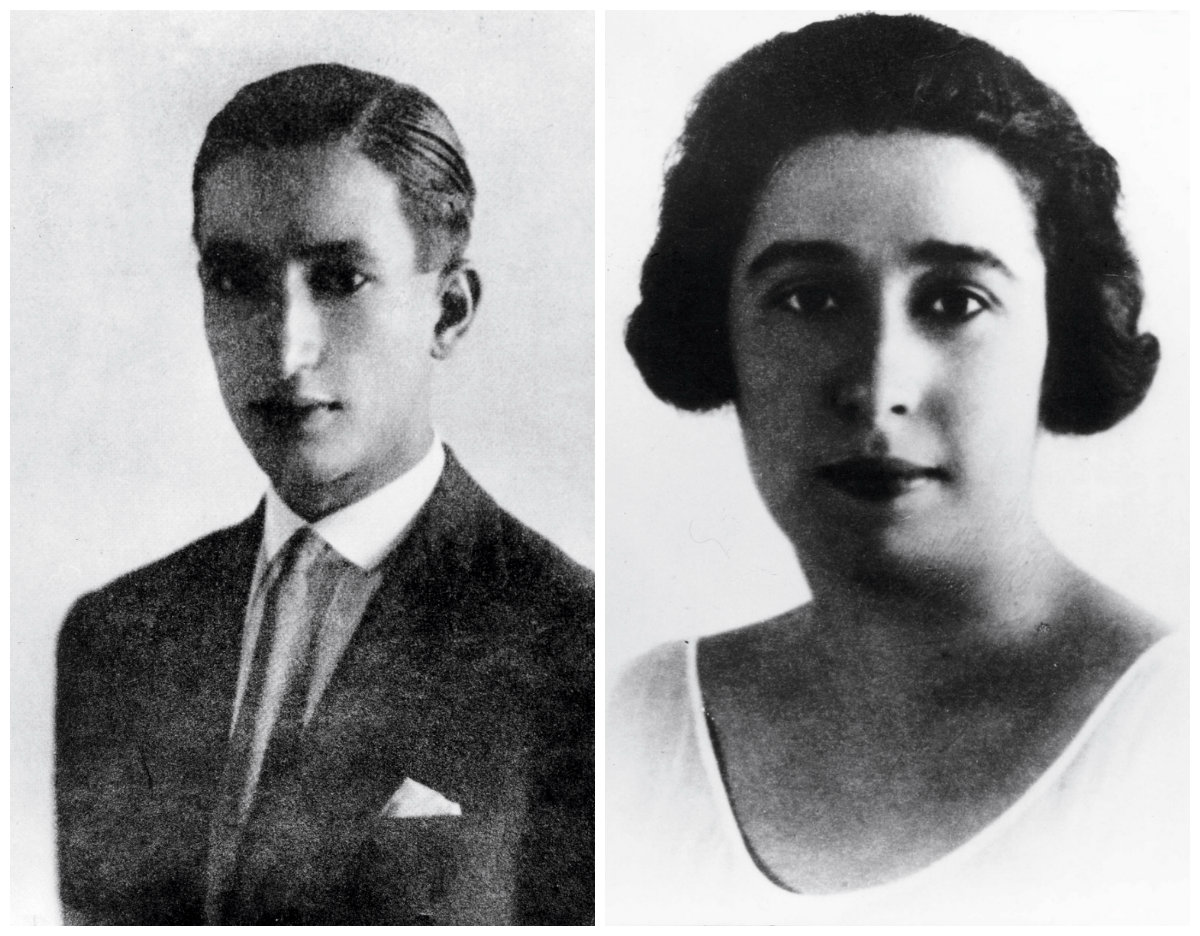Who laid the foundation of Fendi, one of the most recognized luxury brands in the world?
Fendi is one of the best manufacturers of "baguette" bags based in Italy. Founded in 1925 as a fur and leather workshop in Rome, the brand is today one of the most recognized luxury fashion brands in the world.

Karl Lagerfeld, who has been the creative director of the brand for many years, is also the architect of the Fendi logo.
Adele Casagrande was born in 1897. Fendi began in 1918 when Adele Casagrande opened a leather and fur shop in Via del Plebiscito in central Rome. When Adele married Edoardo Fendi in 1925, they made a decision to change the name to Fendi.
Beginning

Adele Casagrande is the daughter of a master of horse harnesses and if. Adele opens a small shop in Rome in 1918. Edoardo Fendi, on the other hand, is the son of an eastern, Ottoman family, namely Edoardo Efendi.
Edoardo Efendi and Adele merged their lives and opened a small furrier's shop on Via del Plesbicito in Rome in 1925 under the name 'Fendi'.
Edoardo Efendi and Adele's five daughters are born. Paola, Anna, Franca, Carla and Aida. In 1946, these five girls slowly start to get involved. In 1965, the fashion designer who will change Fendi's fate emerges: Famous German fashion designer Karl Lagerfeld starts off with fur designs.
Daughters and grandchildren
Five daughters of the Fendi family; Paola, Franca, Carla, Alda and Anna inherit the Fendi surname from their mother Adele, which they did not give up even though they got married. The Italian government, which attaches importance to the continuation of the family surname, also supports them with special permissions. Silvia, Anna's daughter, opens her eyes to a life dominated by fashion. She loves to play in the workshop, takes part in Fendi commercials at the age of six, and witnesses how her mother strives to be successful at a very young age. “She would work all day long. As a woman, she had to work two or three times harder than men to stay successful.” To take over her career in the fashion industry, Anna prepares her daughter Silvia for challenges by teaching her how to fight.
"My mother never made me wear pink dresses. I always wore trousers and dark clothes. When I asked why, she replied, 'You weren't supposed to spend time on trivial matters. You would have to be 100 percent committed to your job and work hard."
This memory caused Silvia to emphasize pink in her latest collection. "I wanted to rediscover this color that was perceived as a sign of weakness. It was so liberating for strong women to wear pink." Silvia talks about her father, Giulio Venturini, living an unconventional domestic life as an engineer in 60's Italy. "He was a very good cook. I can say that my father was more like a mother. He used to make our lunches and pick us up from school. He was a very nice guy. It wouldn't make him feel powerless to go to the market and buy us food. He was very modern in that respect. He was the most handsome dad in our school, it was because he was the only boy to come to school! I would be so proud of him." Sadly, Silvia lost her father when she was 15. "We felt lost with my siblings, it was really hard".
Another man who added value to Silvia's life was Karl Lagerfeld. Silvia was just a little girl when she started working with Fendi as an unknown designer. "I thought he was a magician," says Silvia.
The brand from the Ottoman Empire to Italy: Fendi
Anna Fendi revealed the brand's connection with the Ottoman Empire. The owners of the brand, whose ancestors belonged to the Efendizade family in Izmir, named their products Fendi by removing the letter E at the beginning of the word Efendi in Turkish.
Anna Fendi learns about this interesting connection from the photo she saw on the wall in her home.
“My grandmother is German, my mother is French… The Ottoman patterns on the photograph, whose surname is Fendi, that I saw on the wall in Austria years ago, caught my attention. I researched. I learned that my ancestors belonged to the Efendizade family from Izmir. Based on this, I determined and confirmed that the name Fendi comes from the Turkish word "Efendi".
Anna Fendi expresses her admiration for the Ottoman Empire with the following sentences: “The Ottomans in our genes have a great influence on our success”
''The surname Fendi is only available in Italy. We are five sisters and my father was an only child. Therefore, we are the last people to carry the surname Fendi.''
June 2017
19 June 2017 - Carla Fendi, President of Fendi, Died
Carla Fendi started working in the family business, which was born in 1925 as a fur and leather workshop in Rome, in the late 1950s.
Carla Fendi, along with her sisters Anna, Paola, Alda and Franca, had managed to bring the brand to worldwide fame.
